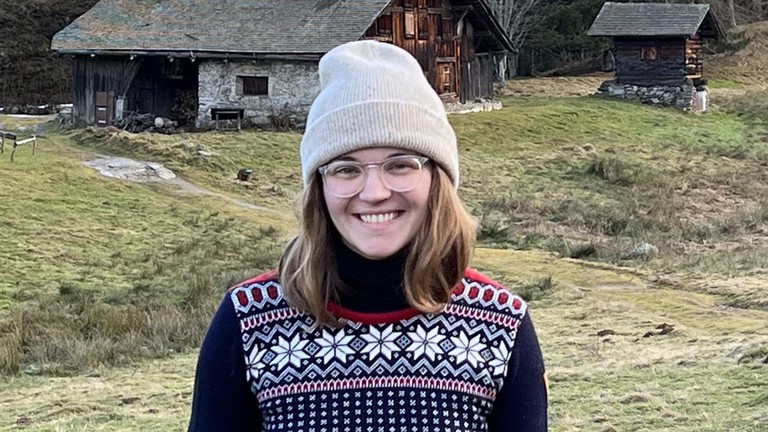EML
The focus at EML is on subsurface microbiology with numerous projects dedicated to geomicrobiology – the study of the role of microbes in geochemical processes – in the terrestrial subsurface and the impact of microbial processes on water quality.

Rizlan Bernier-Latmani
The focus at EML is on microbiology with numerous projects dedicated to geomicrobiology – the study of the role of microbes in geochemical processes – in the terrestrial subsurface. Research interests combine fundamental investigations of molecular-scale microbial processes that transform metals and field-based research to further our understanding of the role of microbes in contaminant mobility in the environment. Applications include the remediation of metal-contaminated field sites, elucidating the role of microbes in nuclear waste repository stability, and the study of biogeochemical cycling in pristine environments.
To characterize laboratory and field systems, we employ techniques ranging from synchrotron-based spectroscopy and microscopy (XAS, µXAS, STXM), electron microscopy (STEM, HRTEM, cryo-EM), microbial community analyses (amplicon sequencing, metagenomics, metaproteomics and metatranscriptomics), and geochemical and mineralogical characterizations (ICP-MS, XRD, SAED). More recently, isotopic tools, particularly pertaining to uranium, carbon, sulfur, iron and nitrogen have been added to the panoply of the lab and are primarilry used to identify biological processes.
In addition to using a rich combination of techniques and approaches, we also probe systems at a variety of scales. Our work ranges from characterization of the binding environment of metals (at the nanometer scale) to the study of biological processes in the field (at the meter scale).
Field-scale projects have included deep groundwater in Finland (Olkiluoto), shallow groundwater in the Mekong Delta (Vietnam) and in the USA (Old Rifle in Colorado), soils and sedimentary rocks in Switzerland. Currently, we have an ongoing study in the Mekong Delta in which a five-well transect was installed to characterize the dynamics of groundwater (infiltration and river-groundwater interactions) and their impact on water quality.
The aim of this multi-scale, multi-disciplinary approach is to construct a coherent picture of geomicrobiological processes by integrating information gathered at the various scales and through the various techniques. The ultimate goal is to translate laboratory results to the field to inform bioremediation technologies, further our understanding of fundamental biogeochemical cycles, identify processes that control the mobility of contaminants as well as to help assess the safety case of geological nuclear waste repositories. Further applications, particularly of the isotope work, include probing the rock record for evidence of early life.



 ORCID
ORCID